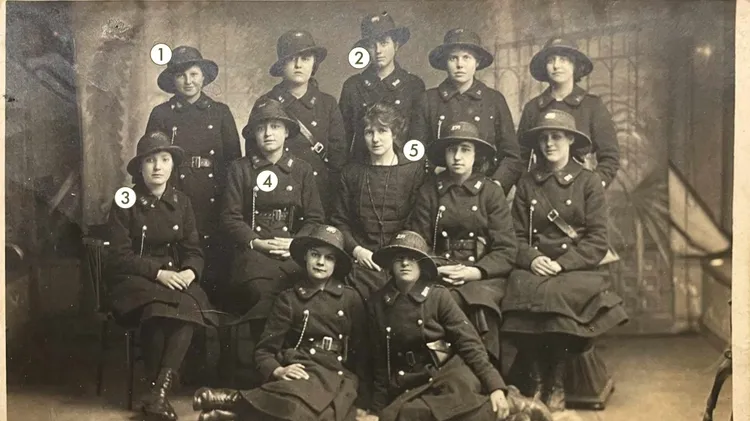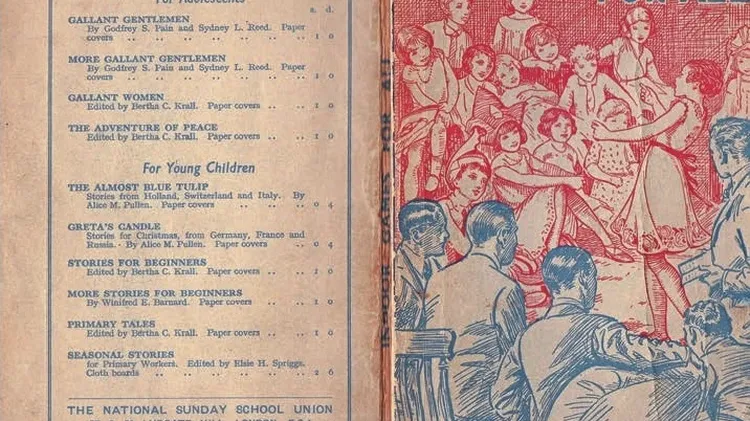Paul Chiddicks ends the year by tying up a few loose ends and trying to make sense
Dear paul
15 min read
This article is from...
Read this article and 8000+ more magazines and newspapers on Readly






